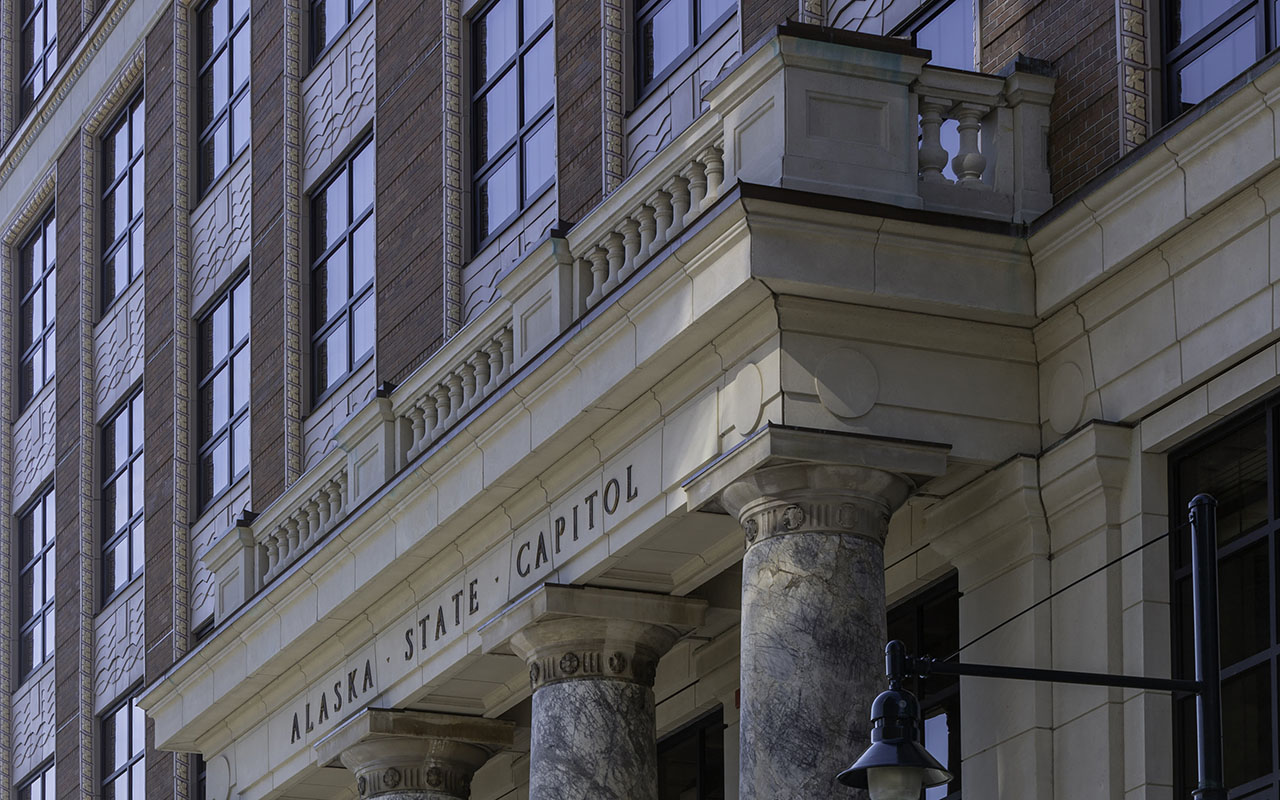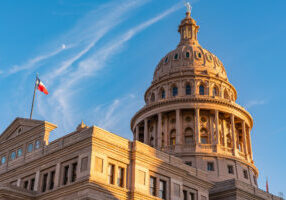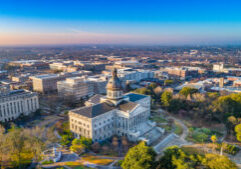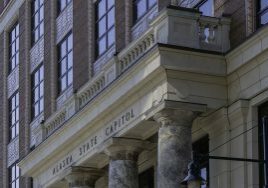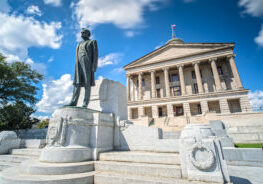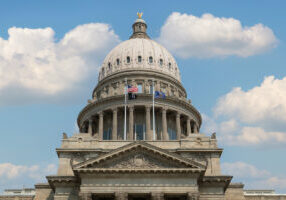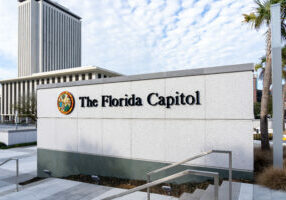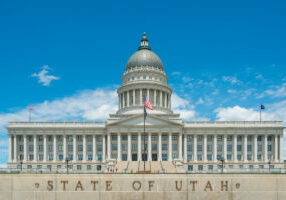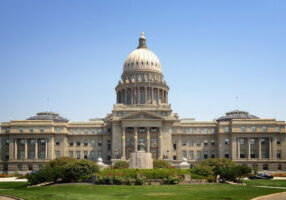Amid an election year, the second half of the 33rd Alaska Legislature convened on January 16. Any bills that don’t pass this session will expire, regardless of whether they originated in the first half of the legislative session (last year) or are newly filed proposals in 2024.
Under the leadership of Governor Mike Dunleavy, Senate President Gary Stevens, and House Speaker Cathy Tilton, the 120-day regular session will address a wide range of issues. These include the state budget, Medicaid, public health and safety, economic development, and education.
Certificate of Need Repeal
SB 8 would repeal the certificate of need program for healthcare facilities in Alaska. The bill proposes changes in definitions, regulations, and compliance standards for healthcare facilities and nursing practices. It requires the Department of Health to adopt new rules by July 1, 2025, with the act set to take effect on July 1, 2028. This bill was last referred to the Senate Committee on Labor & Commerce on March 8, 2023.
Medicaid
HB 16, which aims to expand and improve Alaska’s state medical assistance program, was last referred to the House Health & Social Services Committee on March 8, 2023. The bill seeks to offer a more comprehensive array of services, including adult dental care, and to implement cost containment measures. It also aims to enhance home and community-based services, and introduce innovative payment models. The effectiveness of various sections of this bill, if passed, are conditional upon the approval of the amendments by the United States Department of Health and Human Services.
HB 58 would create a licensing system for adult care homes to facilitate the transition of individuals from foster care to adult home care settings, focusing on Medicaid waiver recipients. The bill outlines guidelines for the Department of Health to establish standards and daily rates for adult home care services. It also aims to simplify the transition for foster parents to adult care home licenses, pending federal approval. This bill was last referred to the House Committee on Finance on March 17, 2023.
General Healthcare Bills
HB 21 would provide group insurance and self-insurance coverage for employees of school districts, the University of Alaska, and other state governmental units. This bill was last referred to the House Committee on Finance on March 3, 2023.
HB 47, last referred to the House Committee on Labor and Finance on March 15, 2023, would introduce regulations for direct healthcare agreements between providers and patients. Not classified as insurance, these agreements would outline services, fees, and termination policies.
HB 60 addresses statutory language cleanup following the split of the Department of Health and Social Services into two separate departments last year. The House approved this bill in 2023, but it will still need to pass the Senate.
HB 108 would require health insurance plans in the individual and group marketplace to participate in a price comparison tool. This bill was last referred to the House Committee on Health and Social Services.
The Alaska Affordability Act
Gov. Dunleavy plans to introduce the Alaska Affordability Act this legislative session, focusing on reducing four significant expenses for families: childcare, energy, housing, and food security.
The Task Force on Childcare issued preliminary recommendations to improve childcare availability and affordability, with a follow-up report expected in July. The administration plans to implement these recommendations and seek legislative support for additional reforms.
Additionally, the Alaska Energy Security Task Force developed a comprehensive statewide energy plan, released in December, concentrating on affordability, reliability, and security. Efforts to enhance housing affordability and increase food security are also underway as part of the Alaska Affordability Act.
Budget & Economic Development
Facing the prospect of local natural gas shortages, Alaska lawmakers are expected to consider a variety of incentives and strategies to power the state. Complicating plans, Alaska’s aging power grid shows inefficiencies in energy consumption and distribution. A $206 million federal grant may be used to shore up the system, but Alaska must match the funds dollar for dollar to receive the assistance. Gov. Dunleavy plans to spread the allocation over several years, allowing the state to leverage federal aid more effectively.
Infrastructure and economic development priorities also include incentives for energy production; matching funds for Alaska Marine Highway ferry replacement grants using federal toll credits; allocating $2.5 million for statewide PFAS fleetwide equipment foam replacement; providing $915,000 for contracted urban snow removal when unexpected snowfall exceeds existing operational capacity; and securing funds for carbon sequestration and offset (HB 49 & HB 50; SB 48 & SB 49).
Education
U.S. News recently ranked Alaska 49th among all states in education. In 2023, state legislators faced challenges in reaching a consensus on a 10% increase to the Base Student Allocation (BSA) for school funding. Ultimately, they only approved half of the proposed $175 million increase, making this issue a priority for the current legislative session.
The Legislature will also consider various education-related proposals, including funding adjustments for school districts based on the statutory Foundation Program, Pupil Transportation, and School Debt Reimbursement formulas. Additional proposals include allocating $8.3 million for school construction and major maintenance, $5 million for the Alyeska Reading Academy and Institute, $1.5 million for teacher recruitment, retention, certification, and apprenticeship development, and another $1.5 million for ongoing career and technical education initiatives. Funding for reading improvement plans, financial literacy courses, and textbook costs will also be considered this year.
In his State of the State address, Gov. Dunleavy expressed support for a House education package that prioritizes charter schools and teacher bonuses. He proposed $58 million for teacher bonuses, highlighting the importance of improving student outcomes rather than merely increasing funding through the BSA.
Public Safety
Another priority of the governor, proposed funding to enhance public safety would add 10 Village Public Safety Officers, three investigators focused on crimes against children, and four investigators fully dedicated to missing and murdered Indigenous persons cases.

